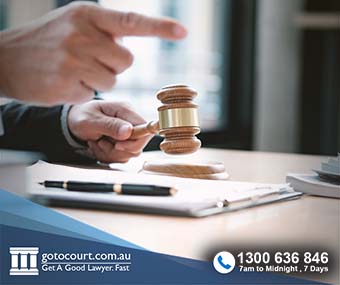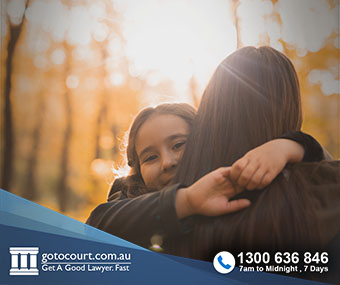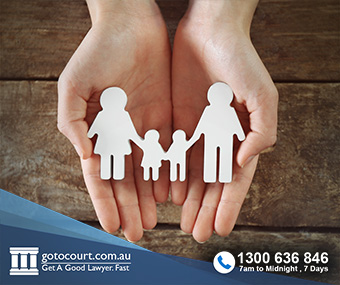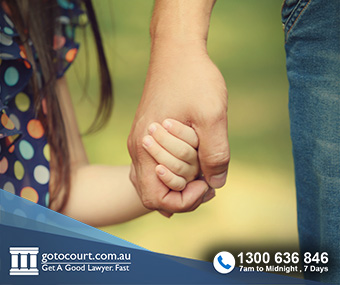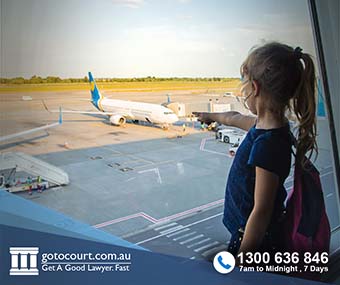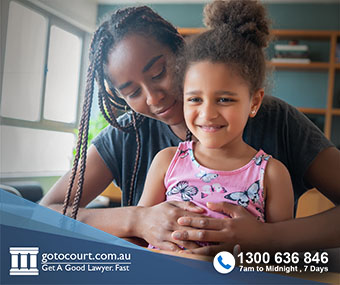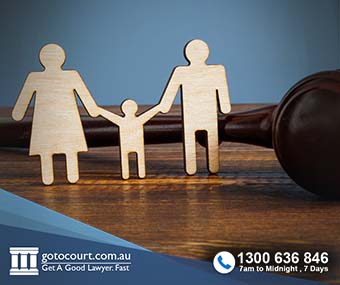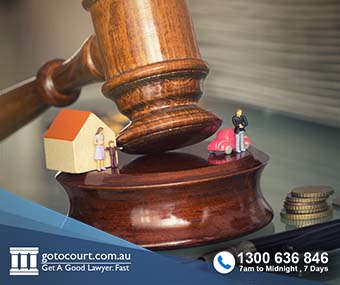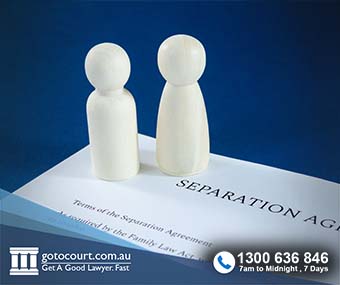Drug Testing in Parenting Matters
Drug Testing in Parenting Matters
In recent years the family courts have seen a significant rise in the number of cases where parents are exposing children to potential harm by consuming or being under the influence of illicit substances. Where there are allegations of drug abuse in a parenting matter, orders will often be made that the party submit to drug testing. Failing to comply with drug testing or returning a positive test result will generally result in reduced contact with children on an interim basis and a decreased chance of final orders that include unsupervised contact with children.
What happens when a parent is using drugs?
When the court hears evidence that a parent is abusing drugs, it will take the matter very seriously. If a parent is using drugs in the presence of the children, this will almost certainly lead to the court forming the view that the parent lacks parental capacity and is placing the children at risk of harm.
How does the court know about drug use?
When a person files an Application or a Response in a parenting matter, they are required to file a ‘Notice of Risk’ or ‘Notice of Child Abuse’, ‘Family violence’ or ‘Risk of Family Violence’. This document must include an outline of any risk that the party considers the children are being exposed to, including but not limited to alcohol abuse and the consumption of illicit substances by parents or other persons the children are exposed to.
How does the court respond?
When a party makes allegations that children are being exposed to harm, the Court will have regard to the primary consideration, being ‘the need to protect the child from physical or psychological harm from being subject to, or exposed to abuse, neglect or family violence’.
The Court will consider imposing safety measures to ensure that a child is not exposed to such a risk. Where allegations of drug abuse have been made, the court will often require the parent to comply with the following orders, even where the allegations are disputed:
- That a parent ensure that they are not under the influence of illicit substances;
- That a parent undertake regular supervised drug testing;
- That a parent undertake random drug testing; or
- That a parent undertake a hair follicle test.
In cases where the Court believes that a risk is significant or substantial, they may Order that a parent have no contact at all with the children, or that they have supervised contact only. Contact may be supervised by an immediately family member or at a Contact Centre.
Hair follicle test
The Court may order that a parent undergo a hair follicle test, where the parent has acknowledged that they have previously consumed drugs. A hair follicle test involves taking a sample of hair from a person’s head. The test can determine the person’s patterns of drug use over a period of time, generally up to three months. A hair follicle test can be done to detect a specific drug or several different drugs. There is a significant fee associated with hair follicle testing and the fee may be payable by the party being tested or may be shared between parties, depending on their financial situation.
Urine analysis
Alternatively, the Court may order that a party undergo supervised urine analysis for illicit substances. Urine analysis tests can be ordered regularly, or alternatively may be ordered at random.
While urine analysis is the less expensive drug testing option, such testing has limitations. Different drugs remain in a person’s system for different period of time, making urine analysis impractical for some situations.
Alcohol test
If a party is abusing alcohol, the Court may order that they undertake a blood test, to review the liver damage and function of the person. A high level of liver damage will generally indicate a high level of alcohol abuse over a long period.
The court may also order EtG testing, which is generally done by a urine sample and which can detect alcohol consumption within the five days prior to the sample being taken.
Parenting orders can specify that drug testing or alcohol testing occur at particular times or that a drug test be performed at the request of a party. This can mean that where one parent develops the suspicion that the other parent has been using drugs, they can request the test to be done. The testing can also be requested by the Independent Children’s Lawyer (“ICL”), if one has been appointed.
Positive test results
A positive drug test result may result in the Court reducing the parent’s time with a child and could order that any time spent with the child is supervised. These orders may be made on an interim basis, to continue up until the final Hearing, or until the party has produced a negative sample. These decisions will be based on the individual case and facts of the matter.
The number of drug test requests that can be made is often limited, to ensure that parties are not abusing the process. The request for a party to undergo drug testing must generally be made in writing and the test must be done within a certain time. If the party fails to comply and produce a sample within the designated time, this failure will be regarded as the same as a positive test result.
The Court also has the power to make orders ensuring that parties do all things necessary to comply with testing, such as ensuring that their hair is kept at a sufficient length to complete hair follicle testing.
If you require legal advice or representation in a family law matter or in any other legal matter please contact Go To Court Lawyers.

Affordable Lawyers
Our Go To Court Lawyers will assist you in all areas of law. We specialise in providing legal advice urgently – at the time when you need it most. If you need a lawyer right now, today, we can help you – no matter where you are in Australia.How It Works




1. You speak directly to a lawyer
When you call the Go To Court Legal Hotline, you will be connected directly to a lawyer, every time.

2. Get your legal situation assessed
We determine the best way forward in your legal matter, free of charge. If you want to go ahead and book a face-to-face appointment, we will connect you with a specialist in your local area.

3. We arrange everything as needed
If you want to go ahead and book a fact-to-face appointment, we will connect you with a specialist in your local area no matter where you are and even at very short notice.

